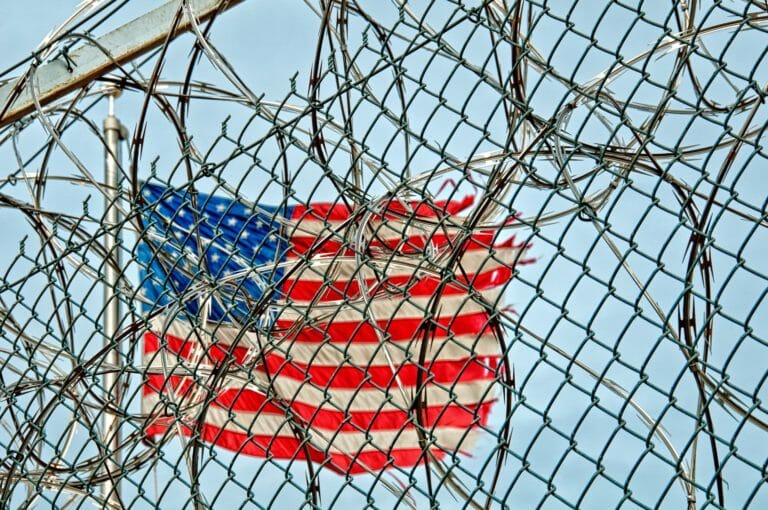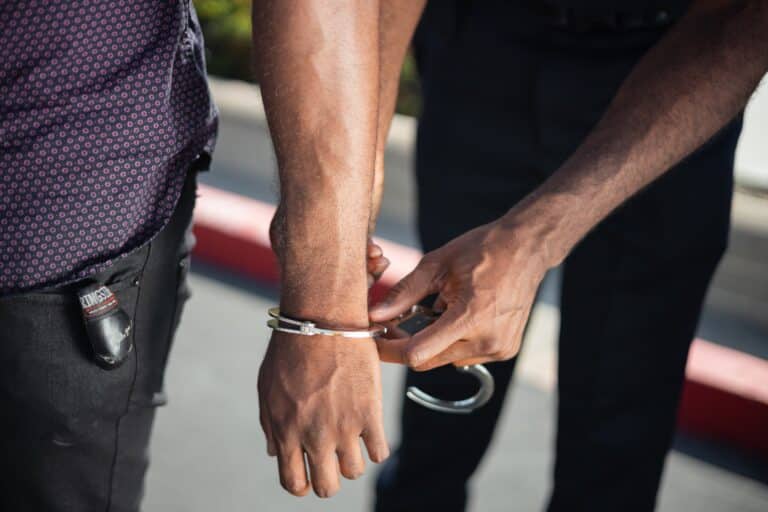If you ask survivors of domestic violence why they stayed in abusive marriages for as long as they did, many of them will tell you that it is because their ex-spouse controlled their access to employment and financial stability, or even threatened to take their children away from them in the event of a divorce. Viewed from this perspective, the long wait time between marriage and receiving a green card on the basis of marriage to a U.S. citizen can be a weapon in the hands of abusive spouses. Immigration laws have changed to make it easier for domestic violence survivors to leave abusive situations without jeopardizing their eligibility for U.S. permanent residency. An Atlanta VAWA lawyer can help you apply for a green card, even if the abusive family member who sponsored your current visa is trying to put obstacles in your way.
What Does VAWA Stand for?
VAWA is the Violence Against Women Act of 1994, a federal law designed to prevent domestic violence, investigate allegations of domestic violence, and where applicable, prosecute domestic violence cases in criminal court. It also includes provisions that enable domestic violence survivors whose immigration status is contingent on an abusive family member who is a U.S. citizen or lawful permanent resident to self-petition for a green card. People who apply for green cards under the provisions of VAWA are called VAWA self-petitioners.
Who is Eligible to File Form I-360?
Domestic violence survivors are only one of three categories of people who can file form I-360, the VAWA self-petition; the others are widows and widowers of U.S. citizens and Amerasian descendants of U.S. military personnel. To qualify as a domestic violence survivor eligible to file form I-360, you must have suffered domestic violence at the hands of your parent, child, spouse, or former spouse who is a U.S. citizen or lawful permanent resident.
Do You Need the Signature of Your Abusive Ex-Spouse on Your VAWA Petition?
In many cases of family-based immigration, the U.S. citizen family member has a role in applying for the adjustment of status (green card application) for the non-citizen family member. Form I-360 enables domestic violence survivors to apply for permanent residency without the signature of the abusive family member on whom their immigration status is dependent.
What is Form I-485, and How Does it Relate to VAWA Cases?
Form I-485 is the application for adjustment of status. It is the form you file when you have a nonimmigrant visa or immigrant visa and want to get permanent residency instead. When USCIS approves your I-485, you get a green card. Some VAWA self-petitioners file form I-485 after USCIS has approved their form I-360, but some applicants file I-360 and I-485 at the same time. Your immigration lawyer can help you decide whether it is best to file form I-360 first or to file both forms together.
How Do the Rules About Inadmissibility and Bars to Adjustment of Status Apply to VAWA Self-Petitioners?
Most of the reasons for ineligibility for permanent residency (that is, inadmissibility to enter the U.S. and bars to adjustment of status) do not apply in VAWA cases. The purpose of these exemptions is to stop legal technicalities from preventing domestic violence survivors from getting to safety. If there is a reason for USCIS to consider you ineligible for a green card, you should talk to an immigration lawyer before you file form I-360 or form I-485.
Which Documents Should You Submit With Your Form I-485?
When you submit form I-485 to apply for a green card as a VAWA self-petitioner, you should also submit the following documents:
- Form I-360 or form I-797 (approval notice for form I-360)
- Two passport-sized photos
- Copy of your driver’s license or other government-issued photo I.D.
- Copy of your birth certificate
- Form I-693 (medical examination and vaccination record)
- Copy of your passport page with nonimmigrant visa
- Copy of your passport page showing the stamp for your most recent entry to the U.S.
You may also need to include additional documents if your case is complicated.
How Do VAWA Self-Petitioners Report Their Changes of Address to USCIS?
Most VAWA self-petitioners should file their AR-11 (change of address form) at the USCIS Humanitarian Division office in Vermont. If you have previously received an exemption to the form I-751 joint filing requirement, there are a variety of offices to which you should send your AR-11. Check the USCIS website or ask your lawyer to make sure that you are sending the form to the correct office.
Is VAWA Only for Women, or Can Men Apply as VAWA Self-Petitioners?
Men can apply for permanent residency as VAWA self-petitioners. Your gender and the gender of the abusive family member do not affect VAWA eligibility.
How Does Your Divorce Affect Your VAWA Petition?
You can apply for permanent residency as a VAWA self-petitioner regardless of your marital status. Your application can be approved if you are still legally married to the person at whose hands you have suffered domestic violence and if you are divorced from an abusive ex-spouse. If the U.S. citizen family member on whom your immigration status is dependent is your parent or child, your marital status has no bearing on your VAWA eligibility.
Can the Children of VAWA Self-Petitioners Apply for Green Cards Under VAWA?
If you apply for permanent residency as a VAWA self-petitioner, you can also apply for permanent residency for your children at the same time, as long as the children are unmarried and under the age of 21. As a VAWA self-petitioner, you will eventually be eligible to sponsor the immigration of many other family members. For example, naturalized U.S. citizens can apply for permanent residency for their parents and siblings.
Contact an Atlanta Immigration Lawyer
Leaving an abusive marriage will not ruin your chances of getting a green card. It is possible to apply for permanent residency without your abusive ex-spouse signing your application or even knowing where you live. Zulma Lopez is an immigration lawyer who helps clients with VAWA immigration cases. Contact Lopez Immigration Law in Atlanta, Georgia, or call (470)617-7994.



